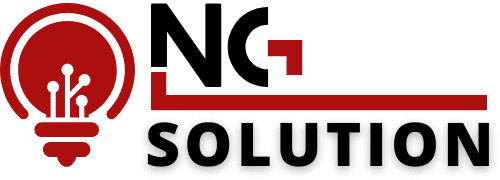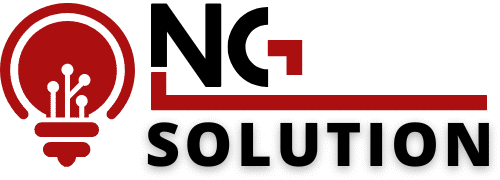In the second quarter of 2025, investors showed keen interest in a diverse array of innovative technologies, directing funds towards startups working on superconducting logic, emerging number format chips, big data processors, and novel power semiconductor architectures. The photonics sector remained attractive due to its potential for faster and more energy-efficient data movement at both chip-to-chip and data center levels.
The manufacturing and testing domains were notably active, with investments in abrasive-free planarization, space-manufactured chips, improved dicing techniques, additive manufacturing for interconnects, and solutions for high-radiation environments.
Key developments included advancements in physics-informed AI for chip design, secure silicon, and significant funding for neutral-atom quantum systems. Semiconductor Engineering identified 75 startups in Q2 that collectively raised $1.9 billion.
In the chip sector, AttoTude secured $50 million in Series B funding to advance its terahertz interconnect technology for AI and hyperscale data centers. Speedata raised $44 million for its Analytics Processing Unit designed to enhance big data analytics in cloud environments. Snowcap Compute launched with $23 million to develop a superconducting compute platform for AI and high-performance computing.
Magics Technologies received €5.7 million to accelerate its radiation-hardened ICs for space and nuclear applications. ONiO secured €5 million to produce its ultra-low-power microcontrollers for IoT devices. Phoenix Semiconductor closed a $5.5 million seed round to recreate legacy chips for critical industries. Calligo Technologies raised $1.1 million for its RISC-V based SoC, enhancing computing efficiency for big data workloads.
In AI hardware, VSORA raised $46 million for its high-performance AI inference chips. EdgeCortix received a JPY 3.0 billion subsidy for its edge AI chipset development. Blumind raised $20 million CAD for its ultra-low-power analog AI inference chips, and Lumai secured over $10 million for its optical processors targeting AI data centers.
In the EDA sector, Cognichip emerged with $33 million in seed funding for its AI foundation model for chip design. Manufacturing and equipment saw Forge Nano raise $40 million for its atomic layer deposition equipment, and Space Forge secured £22.6 million for its satellite-based manufacturing. Lidrotec and FononTech also received funding for their innovative manufacturing solutions.
In test, measurement, and inspection, Arena Technologies raised $30 million for its AI-powered hardware testing platform, while Tau Systems secured $20 million for its laser-plasma accelerators.
In materials, ChEmpower raised $18.7 million for its chemically reactive polish pads, and Mivium raised $5 million for its high-purity GaN materials.
In wireless technology, AccelerComm and Finwave Semiconductor received funding for their 5G solutions, while VectorWave is developing an analog computing architecture for AI inference.
In power devices, IceMOS Technology completed a $22 million round for its silicon-based power semiconductors.
In photonics and optics, Avicena raised $65 million for its optical interconnects, and nEye Systems completed a $58 million round for its optical circuit switch. Volantis emerged with $9 million for its photonic architecture.
In quantum computing, Infleqtion raised $100 million for its neutral atom-based quantum technologies.
In sensors, Eyeo and Neuranics received funding for their innovative sensor technologies, while FaradaIC Sensors is advancing its electrochemical gas sensors.
In security, ZeroRISC and SCI Semiconductor secured funding for their silicon supply chain integrity and security-enhanced microcontrollers, respectively.
In the funding landscape, First Momentum Ventures closed a €35 million fund for European startups, and Innovation Science and Economic Development Canada awarded CAD $13.4 million to various projects. The Northeast Microelectronics Coalition Hub also distributed $1.4 million to startups in the U.S. Silicon Catalyst and Plug and Play, in collaboration with Synopsys, offered support to selected startups.


